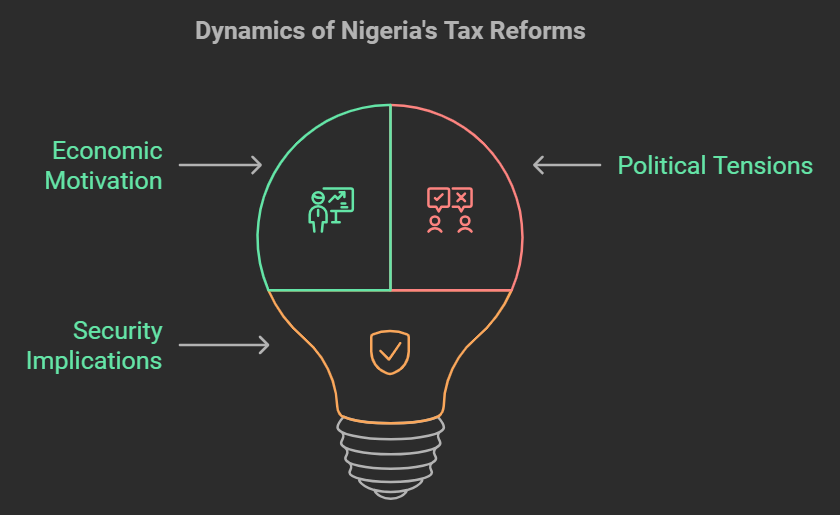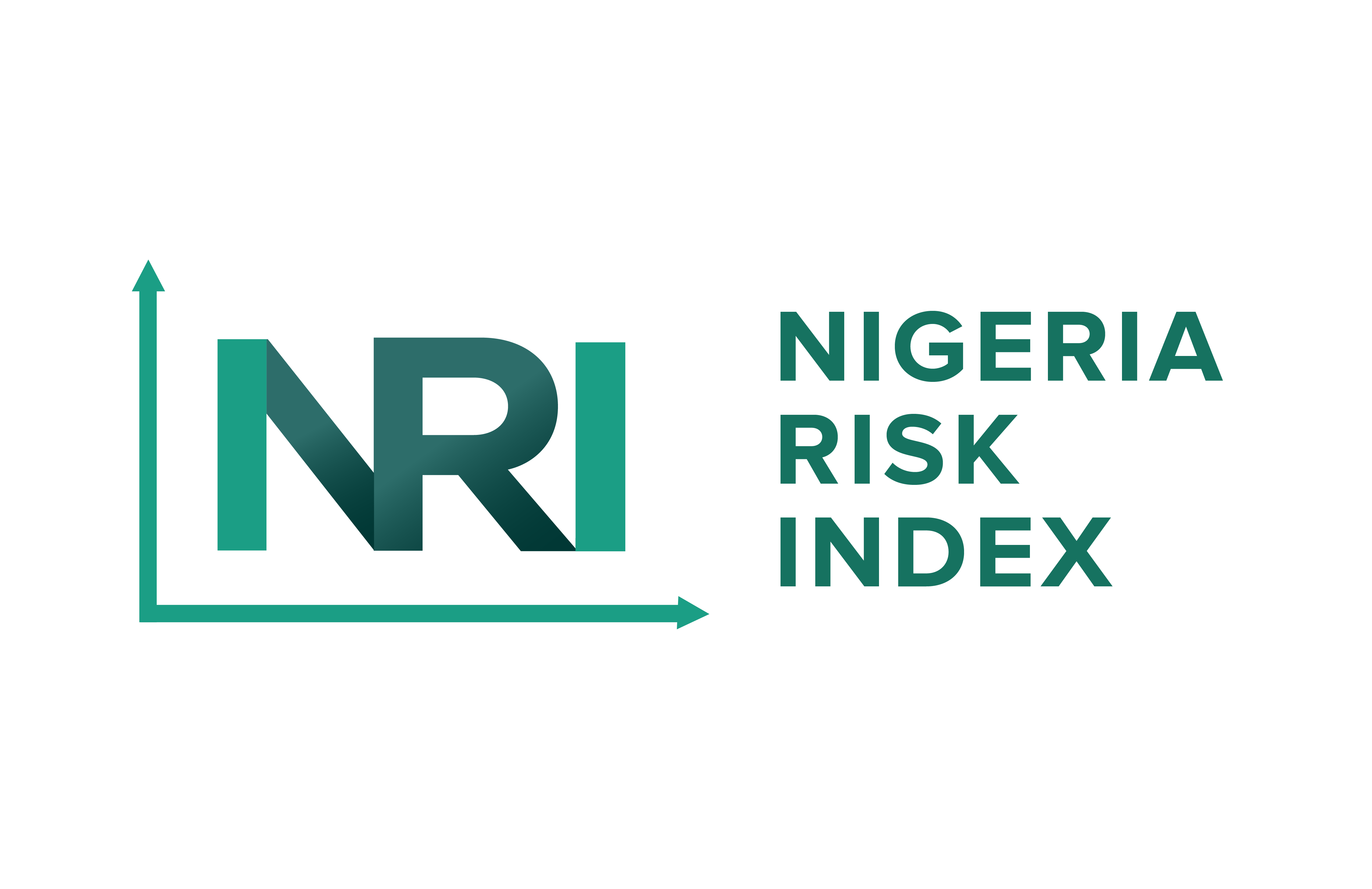Insights

President Bola Tinubu's administration has introduced a series of tax reform bills aimed at overhauling Nigeria's fiscal situation. These reforms, while economically motivated, have ignited significant political tensions and raised concerns about potential security implications across the nation.
Political Tensions and Regional Discontent
The proposed tax reforms have encountered resistance from various political quarters, notably among state governors and regional leaders. Some governors have reportedly threatened federal lawmakers with political repercussions, such as denying them return tickets in future elections, should they support the bills. Philip Agbese, the deputy spokesman of the House of Representatives, highlighted these pressures, emphasizing the determination of lawmakers to prioritize national economic interests over regional biases. ThisDayLive
A central point of contention is the allocation formula for Value Added Tax (VAT) revenues. The Nigeria Tax Administration Bill proposes a distribution model that some northern governors believe could disadvantage their states economically. This perception has led to a unified stance among the 19 northern state governors, urging their representatives to reject the bills. The Guardian Nigeria
Economic Reforms and Public Unrest
Beyond the political arena, the broader economic reforms accompanying the tax bills have sparked public unrest. The removal of fuel subsidies and the devaluation of the naira have led to increased living costs, triggering protests in major cities like Abuja and Lagos.
Demonstrators have expressed frustration over escalating prices and economic hardships, with some protests met by heavy security responses, including the use of tear gas. Reuters
Security Implications
The intersection of political tensions and public dissatisfaction poses variable security challenges.
- Civil Unrest: Economic hardships resulting from the reforms have the potential to escalate into widespread protests, which, if not managed carefully, could lead to civil disturbances and clashes with security forces.
- Political Instability: The discord between federal and state authorities over the taxreforms may strain intergovernmental relations, potentially leading to political instability that could be exploited by non-state actors.
- Regional Fractures: Perceived economic imbalances introduced by the tax reforms could exacerbate regional tensions, fostering sentiments of marginalization and fueling separatist or insurgent movements.
MITIGATION STRATEGIES
To address these security concerns, a comprehensive approach is essential.
- Inclusive Dialogue
- Transparent Communication
- Economic Support
Engaging all stakeholders—federal and state governments, regional leaders, and civil society—in meaningful discussions can help build consensus and alleviate tensions.
Clearly articulating the objectives and benefits of the tax reforms to the public can reduce misinformation and build trust in the government's economic agenda.
Measures implementing social safety nets and economic relief programs can mitigate the immediate hardships faced by citizens, thereby reducing the impetus for unrest.
On a final note, while the Tinubu administration's tax reform bills aim to revitalize Nigeria's economy, the accompanying political and social dynamics necessitate careful management to prevent security challenges. A balanced approach that fosters dialogue, ensures transparency, and provides economic support will be crucial in navigating the complex landscape these reforms have engendered.

The Risk Control Team
Related Blog Posts
- GENOCIDE OF CHRISTIANS – IS NIGERIA GUILTY AS CHARGED?
- Is Nigeria under President Tinubu’s Administration, Finally Controlling Its Economic Risks?
- Nigeria's Cybercrimes Act 2025
- Northern Nigeria’s Peace Deals With Bandits: Truce or Time Bomb?
- The Dangote-Transporters Impasse: A Clash of Modernisation and Tradition
